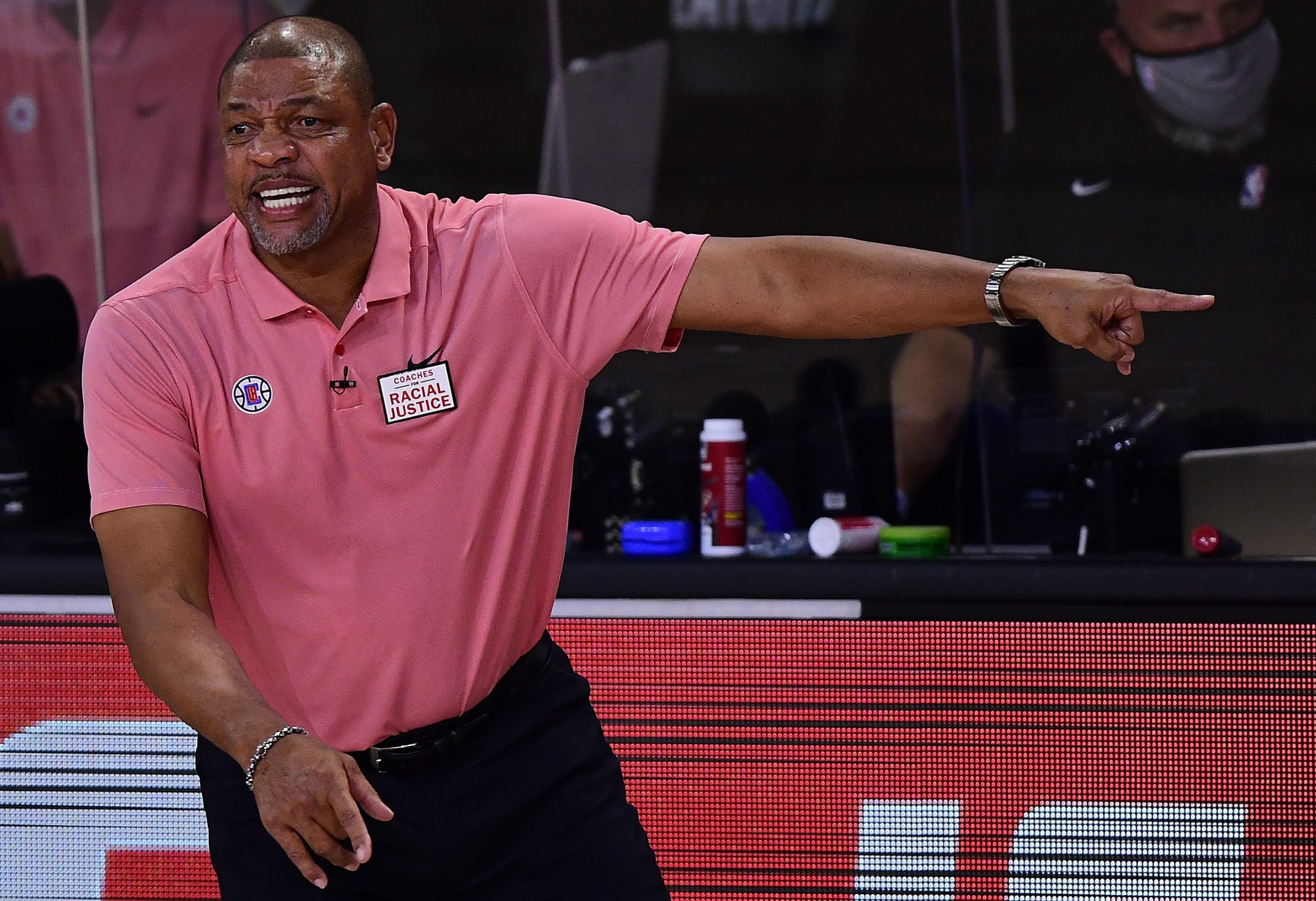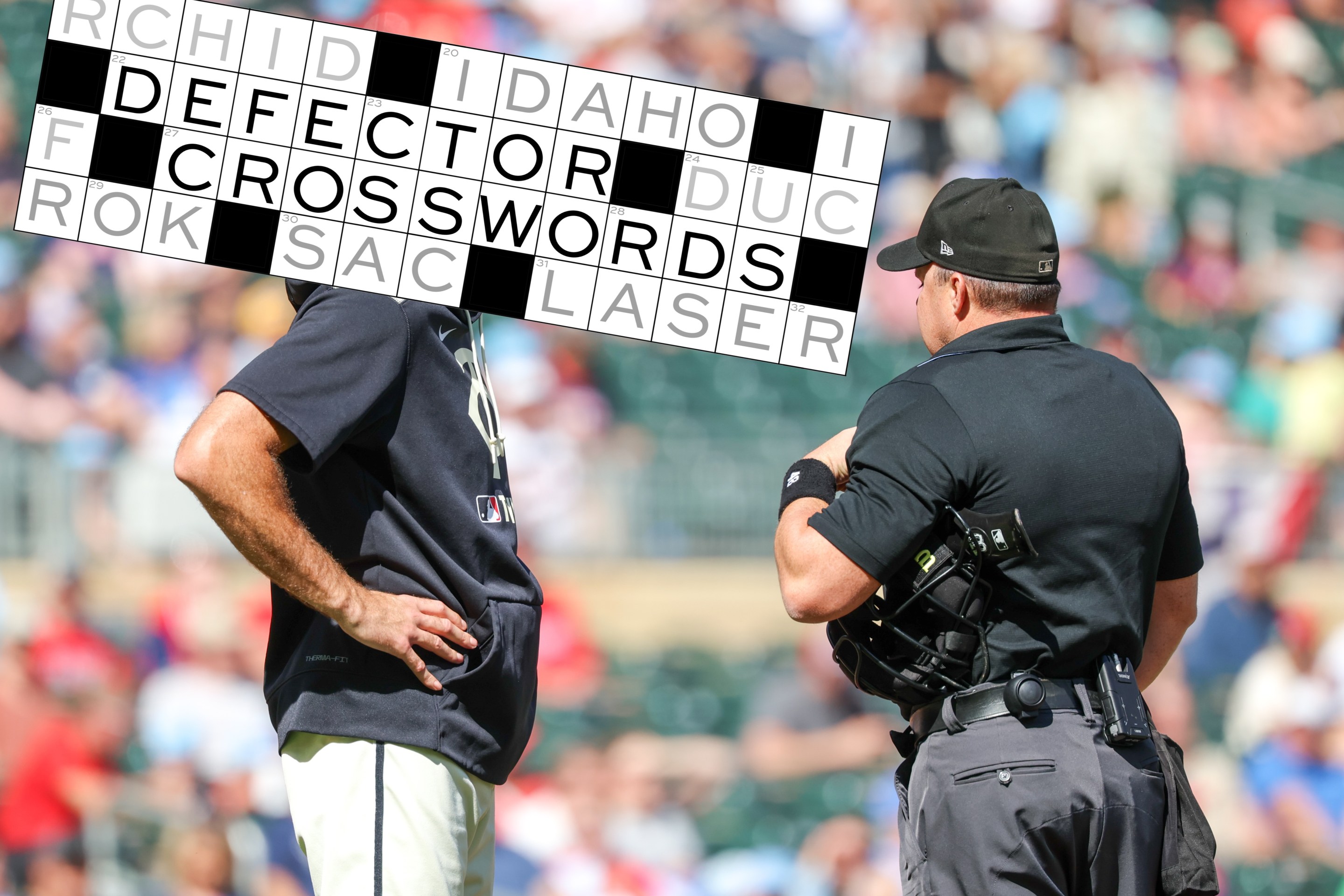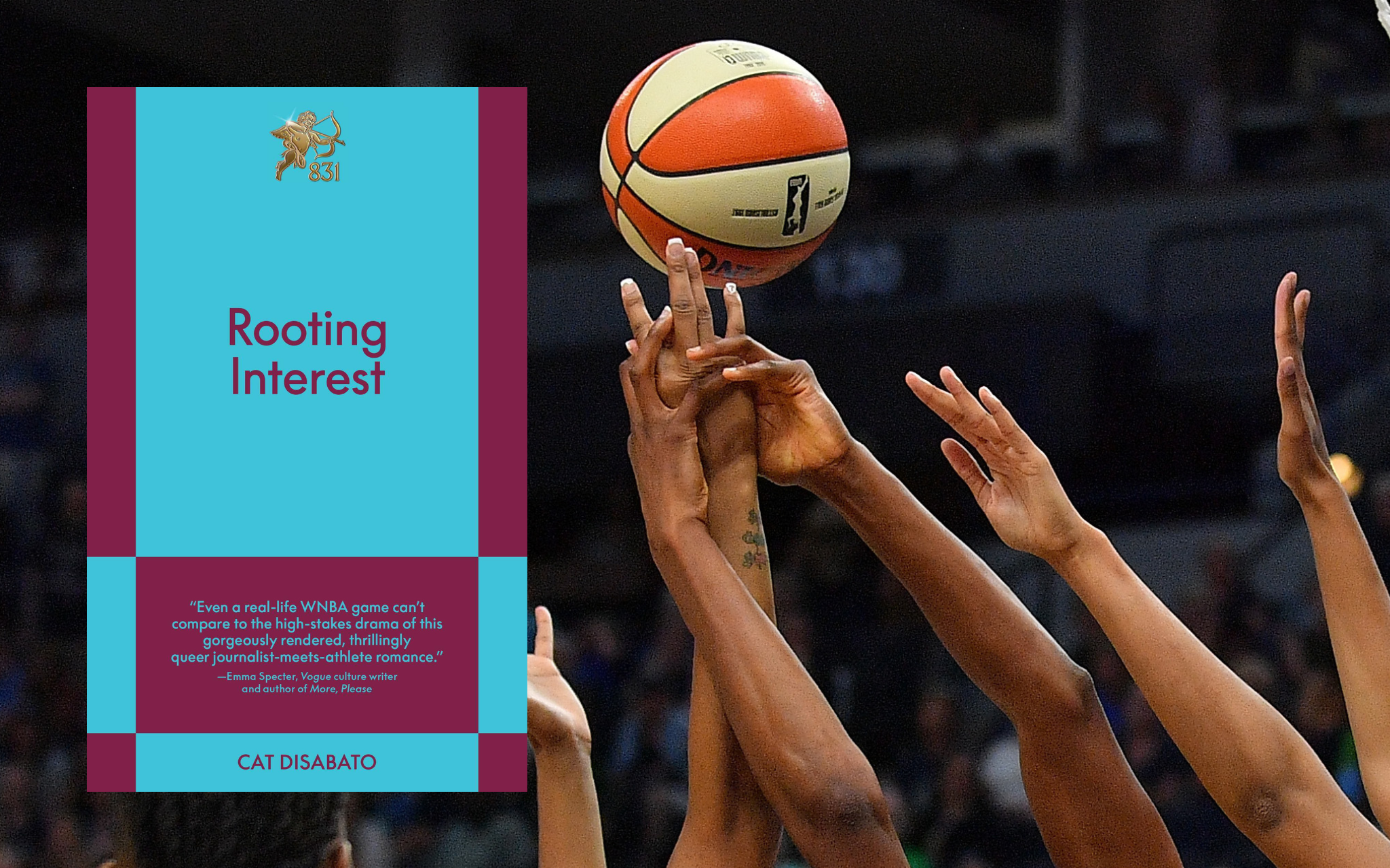This seems like a reasonable and correct take, to me:
The bubble is a completely new and different reality, and not just because teams are playing out the season at a sports complex at Disney World. The NBA was shut down for 20 weeks, long enough for the first half to seem not just distinct but largely irrelevant to what came later. The time off wasn't the usual mix of vacation and training and rehabilitation, either—remember that it was the NBA shutting down its season on March 11 that started the ball rolling on our dumb country finally taking the coronavirus outbreak even halfway seriously. The time off was spent in COVID lockdown. Twenty weeks is a full off-season, rammed into the middle of the regular season, right as it was spinning up into the playoff race.
And the bubble itself has been unlike any other stretch of basketball in league history. Only 22 teams were invited. Handfuls of important players on invited teams declined to participate, and rosters had to be reshaped on the fly from a pool of free agents that otherwise would've been smack dab in the middle of summer vacation. Players were locked into their rooms for two weeks at the outset, then were subjected to personal isolation, constant testing, and strict distancing restrictions. The bubble was launched at the height of social upheaval over police brutality and systemic racism; that dynamic crescendoed further in late summer and led to a wildcat strike on August 26, during the first round of the playoffs. Many of the players in the bubble actively did not want to be there, and struggled mentally and emotionally to deal with the circumstances.
Nothing about the Orlando bubble is like normal business for the NBA, beyond the rules of the game itself. Even the benches are socially distanced. It would be silly and unfair to saddle whichever team emerges from the bubble with the Larry O'Brien Trophy with an asterisk, but in all other ways it would make sense for coaches and general managers and owners to not fixate too much on results. It's possible all any of them will have learned in the bubble is which teams and players and coaches are best at navigating a pandemic bubble, and nothing else. And since we are still in the stage of denial where it seems inevitable that this pandemic will one day end, that should be treated as useless information. If it becomes useful again at any point beyond, say, 2021, humanity will probably be subsisting on cockroach protein in subterranean bunkers, and basketball will be a long way from a priority.
Which is why it seems sort of wild that seven bubble teams, nearly a third of the teams invited, have chosen to replace their head coaches, including six who made the bubble playoffs. Some of these could be seen coming from a distance: Alvin Gentry was fired by the New Orleans Pelicans for missing the playoffs, despite never having had rookie sensation Zion Williamson fully healthy for more than a week or two at a time all year. Brett Brown was canned by the 76ers after his team, missing superstar playmaker Ben Simmons, was swept in the first round by the higher-seeded Celtics. Jacque Vaughn, whose jury-rigged Nets wildly overperformed to even make the playoffs, was demoted to assistant head coach when the Nets hired Steve Nash, who has zero coaching experience, to take the big chair.
But the turnover wasn't limited to coaches in tenuous positions. The Indiana Pacers fired the excellent Nate McMillan after a first-round sweep at the hands of the Miami Heat, despite the Pacers playing without all-star big man Domantas Sabonis, without sixth man Jeremy Lamb, and with a hobbled Victor Oladipo. McMillan never had a stable roster his entire time in Indiana, and all the Pacers did was play good basketball and win. Last season he successfully turned Bojan Bogdanovic into an offensive centerpiece; this season, in the bubble, he made T.J. Warren into a world-beater. For these minor miracles, McMillan was sent packing on August 26. The Oklahoma City Thunder reached an amicable separation with Billy Donovan when the team evidently decided that a 50-win pace in the regular season and a heroic underdog effort in the playoffs weren't enough to forestall a teardown. Donovan was quickly grabbed up by the Chicago Bulls, because he is an excellent basketball coach.
The carnage continued into the later rounds, and featured a couple of the league's best-known and most successful coaches. Tilman Fertitta let Mike D'Antoni walk on an expiring contract after his Houston Rockets were summarily dumped in the second round by a Lakers squad that has rampaged through the West bracket and is a heavy title favorite. And Monday night the Los Angeles Clippers cut ties with Doc Rivers, days after the team fell in seven games to the Denver Nuggets in the second round. D'Antoni optimized to a ridiculous degree every challenging roster brain genius Daryl Morey handed him, and the Rockets never won fewer than 60 percent of their games in any of D'Antoni's four seasons in charge. Rivers never put up a losing record in seven seasons with the Clippers; the team won 68 percent of its games this season and captured the second seed in the loaded West despite integrating not one but two strong-willed, alpha dog-type players in Kawhi Leonard and Paul George.
None of these were necessarily wrong decisions. Vaughn's Nets were plucky but that's a team with championship aspirations once Kyrie Irving and Kevin Durant are back in the fold, and Vaughn's coaching track record is not great. Gentry hasn't had enough success in New Orleans to expect any real job security. Brown's 76ers have been glaringly joyless and self-sabotaging for a couple seasons now, even if he deserves credit for raising them up from nothing. McMillan is a head-scratcher and a bummer, but that type of firing is a long way from strange by NBA standards.
But unless McMillan, D'Antoni, and Rivers were dead men walking the moment they set foot in Orlando, it seems awfully hasty to base termination decisions on bubble results. Any assumption that bubble-specific challenges didn't factor heavily into disappointing bubble performances seems nuts, just as any assumption that disappointing bubble performances are predictive of future performance seems nuts. And then there's the usual nuts assumption underlying a lot of churn at the head coach level, which is that a better head coach is out there waiting to be hired. If you fired a coach for bubble performance, it seems very possible that the only thing you safeguarded against is future bubble disappointments, if even that.
Then again, maybe owners are basing these decisions on the assumption that the league will be back in the bubble again for the foreseeable future. The way things are going, that's a distinct possibility! There are worse foundations for important organizational decisions than an assumption that things will continue to suck in drearily familiar ways, or worse, until we are all quite simply dead.






